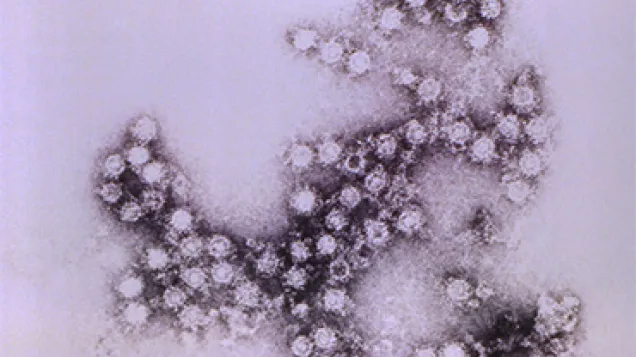Rapid Risk Assessment: Enterovirus 68 detected in the USA and Canada - 1st update, 15 October 2014
Executive Summary
Since mid-August 2014 local health authorities in the USA have notified the US Centers for Disease Control and Prevention (CDC) of 691 laboratory-confirmed enterovirus 68 (EV-D68) infections. Some regions in Canada have also been detecting respiratory illness associated with EV-D68 infection since September 2014. Media in the USA have reported several small clusters of neurological illness potentially associated with EV-D68 infection.
So far an epidemiological link has not been established between the EV-D68 and the neurological illness clusters reported across the US and it is possible that the virus is circulating independently at several locations.
To date, EU/EEA countries have not reported growing numbers of acute respiratory infections or an increase in hospital admissions and European AFP surveillance has not detected unusual clusters or unexpected trends.
EU/EEA countries need to remain vigilant and consider strengthening respiratory sample screening for enteroviruses and enterovirus typing. EU/EEA countries should also consider improving the quality of their AFP surveillance in order to enhance polio surveillance and detect unusual clusters or trends among non-polio AFP cases.
Based on information currently available to ECDC, the risk of EV-D68 transmission in EU/EEA countries is moderate because the circulation of this strain in the population seems to be low.
Enteroviruses such as EV-D68 are related to the common cold virus and spread when an infected person coughs, sneezes, or touches contaminated surfaces. There is no specific treatment for people with respiratory illness caused by EV-D68, and in severe cases the treatment is supportive.
RRA: Enterovirus 68 detected in the USA and Canada - 1st update, 15 October 2014
English (126.89 KB - PDF)See all risk assessments on enteroviruses
Share this page


